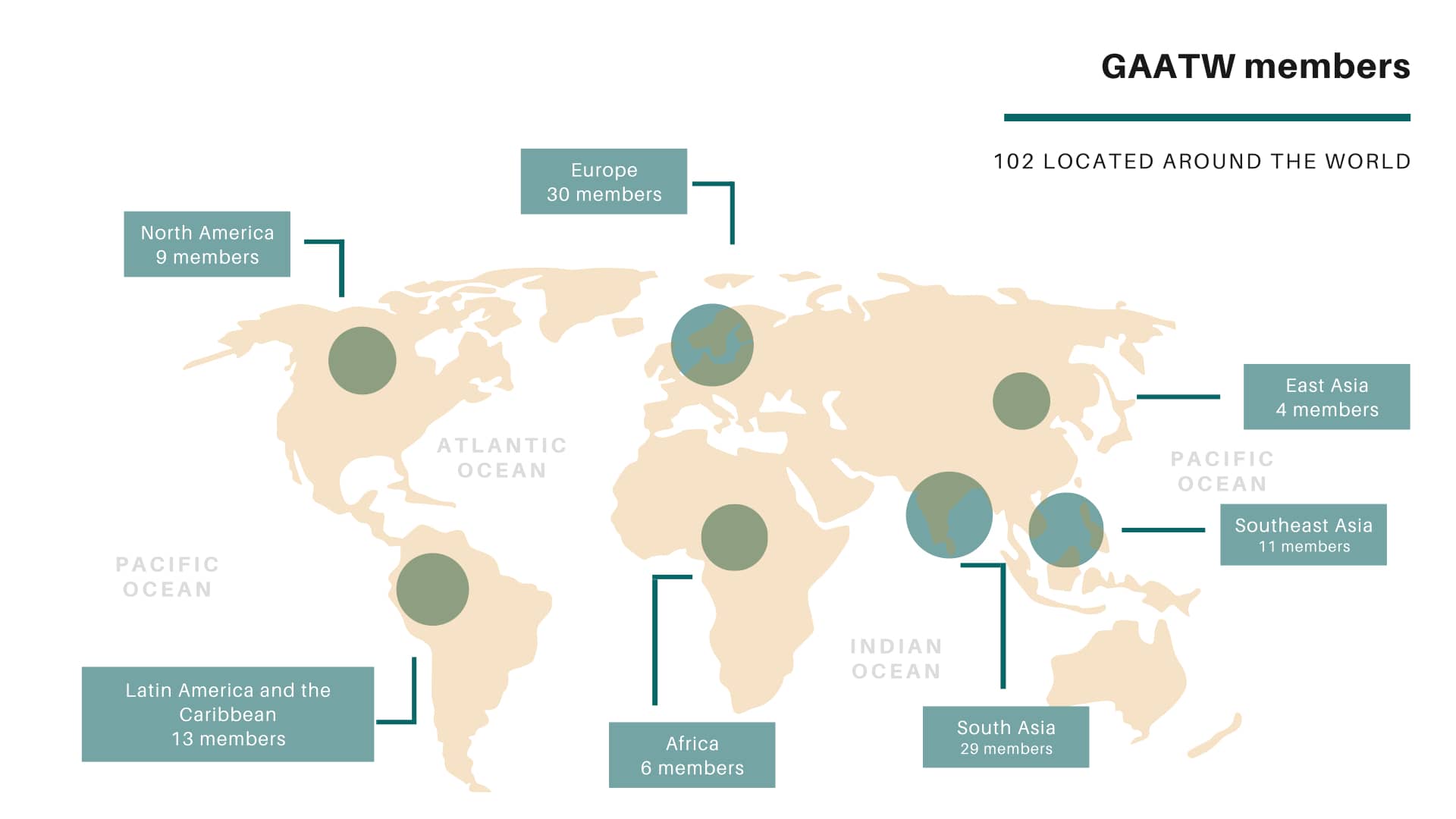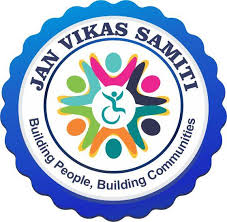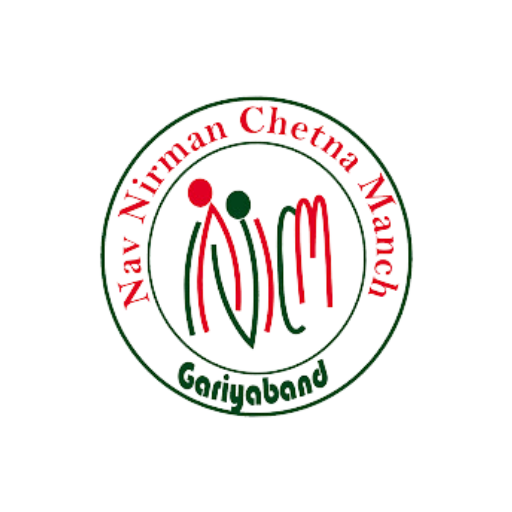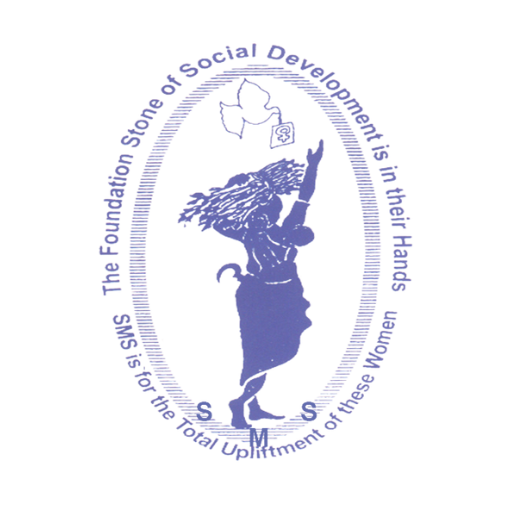

 Since 1998 Jan Vikas Samiti (JVS) is dedicated to the holistic development of marginalized communities, with a particular focus on women, children, and persons with disabilities. Through its initiatives in Women Empowerment, Community Health, WASH (Water, Sanitation, and Hygiene), Livelihood Promotion, Skill Development, and the Rehabilitation of Children with Disabilities, JVS addresses critical societal needs through innovative and community-driven approaches. Key milestones of JVS include the establishment of 60 Self-Help Groups (SHGs) in 2001, which has grown to 828 SHGs in 2024, empowering over 10,000 women through financial literacy, access to credit, and platforms for collective action.
Since 1998 Jan Vikas Samiti (JVS) is dedicated to the holistic development of marginalized communities, with a particular focus on women, children, and persons with disabilities. Through its initiatives in Women Empowerment, Community Health, WASH (Water, Sanitation, and Hygiene), Livelihood Promotion, Skill Development, and the Rehabilitation of Children with Disabilities, JVS addresses critical societal needs through innovative and community-driven approaches. Key milestones of JVS include the establishment of 60 Self-Help Groups (SHGs) in 2001, which has grown to 828 SHGs in 2024, empowering over 10,000 women through financial literacy, access to credit, and platforms for collective action.
Contact details:
Address: Vill. & post- Murdaha, Varanasi, Uttar Pradesh, 221202, India
Tel: 0542 2626 022
Email:
Website: www.janvikassamiti.org
National Workers Welfare Trust (NWWT), India, was established in 2017 with the vision to create a just society where all domestic women migrant workers are treated with dignity and justice and recognised for the contribution that they make towards the family, economy, and development. Working in the Indian states of Telangana and Andra Pradesh, NWWT brings women workers from the various self-employed trades together to discuss concerns and rights on their health, education for children, welfare services, and labour rights, both at the rural/urban grassroots level and national scales. NWWT advocates for rights, repatriation, and reintegration of women migrant domestic workers, both nationally and internationally.
Contact detail:
Website: https://nationalworkersmovement.wordpress.com/
Email:
Sajag Samaj Sevi Sanstha started its work in 2007 with the objective of working for the rights of the Dalits and Adivasi communities in the State of Chhattisgarh, India. Sajag Samaj Sevi Sanstha with their grass-roots level interventions with the local communities, have formed women’s collectives. Sagaj Samaj Sevi Sanstha's work focuses on thematic areas of human trafficking, sexual violence, health rights, livelihood and workers’ rights. They have worked to mobilise youth in the local community to ensure there is implementation of government schemes. Additionally, they have implemented projects on menstrual health and hygiene for adolescent girls, leadership building of Dalit women, violence against women and livelihood generation for local communities. Sajag Samaj Sevi Sanstha has organised and mobilised local communities on forest rights and displacement in the name of development.
Contact Details:
Address: Ram sagar para ward –N. 05 Pithora District – Mahasamund, Chhattisgarh 493551
Tel: +91 8305774391
Email:

Nav Nirman Chetna Manch is working with the local marginalised communities in the state of Chhattisgarh, India. NCM has organised and mobilised the local communities on the Forest Rights Act, 2006 by building awareness for demanding their rights. NCM has formed women collectives, and increased their participation in the Gram Sabhas. Women’s collectives have been crucial for taking up the issues of alcoholism, single women, gender discrimination and domestic violence. NCM has been working closely with youth on raising awareness on gender discrimination and violence against women.
Contact Details:
Address: H. N. 1104, Ward N. 10, Ambedkar Chowk Gariyaband District – Gariyaband, Chhattisgarh 493889
Tel: +91 7828625176
Email:

Shramajivi Mahila Samity was formed in 1995 to develop a balanced and just society which provides equal opportunity to men and women.The prime aim of the organisation is to enable tribal and other women to become self-dependent in the socio-economic spheres, motivating women groups to be part of the decision-making process and ensuring participation in natural resource management and sustainable development.
SMS takes a community participation approach to combat poverty through right to food and other entitlements and livelihood development. SMS works with underprivileged women, men and children of 12 districts in the state of Jharkhand, India so they can live with dignity and have access to all the legal and constitutional rights they are entitled to. SMS' programmes include strengthening local self-governance for established good governance of marginalised community and reducing the gender gaps in society. SMS provides training and capacity building, and support to link people with the flagship government programmes both in-rural and urban marginalised men, women and children.
SMS has assisted about 2 lakhs people, including single women-headed households and different stakeholders, to become aware of different government support programmes. It has submitted more than 53,000 applications for government schemes like MNREGA job card, job claims, pension schemes, Indira/PM Awas Social security etc. out of which 32,462 applications have been sanctioned and 2,065 single women received labour cards. 16,000 families have enrolled under RSBY (health insurance) scheme.
Contact Details:
Address: Holding no – 06, 2 Floor, Gunomoy Colony, Mango, Jamshedpur – 831012, Jharkhand, India
Tel: +91 9431304140
Email:
Website: smsjhar.org

Women's Initiatives (WINS) works on gender equality and diverse sexuality issues and enables poor and marginalised social groups, such as sex workers, HIV positive women, single women and migrant women, to articulate the issues of gender discrimination in a rights based structure. WINS creates an enabling environment where communities can live a life with dignity, access resources and build capacities and competencies to deal with challenges, their own productive resources and rightful access to government support and services.
WINS supports women in the struggle for justice and human rights and against those who would deny access to services or rights because of their livelihood.
WINS believes that sex workers are capable of making decisions and encourages them to hold influential positions that matter to the community. WINS extends skill enhancement so that they can use the opportunities available to them and thereby help them move up the social ladder. WINS insists on sex worker leadership at every level of decision making on policies around sex work.
Contact Details:
Address: 6-8-938, NGO’s Colony Tirupati 517507 Andhra Pradesh, India
Tel: +91 984-9204-711
Email:
Website: womensinitiatives.in

Durbar Mahila Samanwaya Committee is a forum of 65 000 sex workers based in West Bengal, India. The basic approach of Durbar’s programme is based on the principle of “3 R’s” - Respect, Reliance and Recognition: Respect towards sex workers, Reliance on the knowledge and wisdom of the community of sex workers and Recognition of sex work as an occupation, for the protection of their occupational and human rights. Durbar was created by sex workers involved in the STD/HIV Intervention Programme or the Sonagachi Project. In 1999, Durbar took over the management of the Sonagachi Project and currently runs STD/HIV intervention programmes in 49 sex work sites in West Bengal. Durbar provides testing, counselling and care for people with HIV/AIDS. DMSC’s anti-trafficking work is done through Self-Regulatory Boards comprised of both sex workers and community supporters. Self-Regulatory Boards monitor brothels in co-operation with brothel owners in order to identify women and children who have been trafficked and to arrange for care. DMSC has also created a hostel for sex workers children, worked to decrease violence and abuse by law enforcement agencies, implemented an initiative to admit children in schools, organised loan programmes, provided vocational training for the children of sex workers (as electricians and beauticians), created the Usha Multi-Purpose Cooperative Society (the largest cooperative society for sex workers in Asia), provided literacy training for adults, organized annual conferences for sex workers, established Komol Gandhar (sex workers performance troupe) and the Binodini Srameek Union or the Binodini Labour Union.

The Institute for Social Development (ISD) is an organisation based in Orissa, India. Their main objective is to organise and mobilise the civil society on violence against women. ISD has undertaken a study on trafficking of adolescent girls and women in the state of Orissa in collaboration with the Taskforce on Women & Violence. They handle cases of trafficked victims who are staying in shelter homes and provide consultation with the victims’ parents for their re-integration in the community. ISD is currently developing skills training and income generation programmes for economically marginalised young women, including young women who have been trafficked. ISD has started a training institute at Bhubaneswar for the production of jute bags for trafficking survivors residing at various shelter homes.
Contact Details:
Address: Plot no 95, Kanan Vihar Phase II, Po - Patia, Bhubaneswar, Odisha, India
Tel: +91 674-2726756
Email:
Website: isdbbsr.org